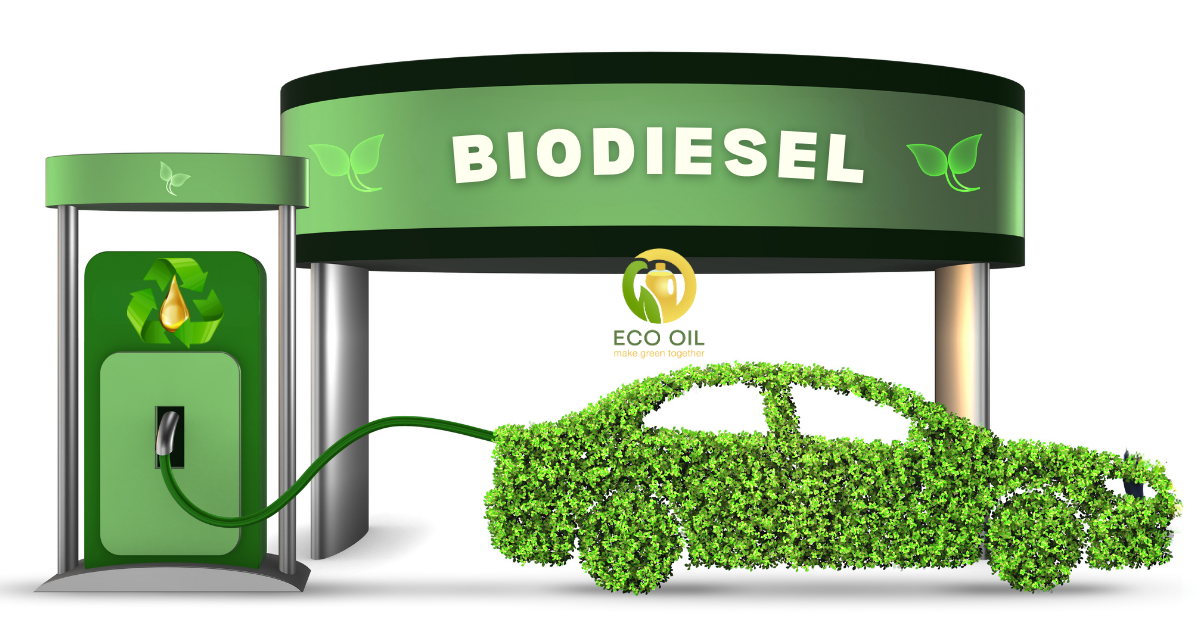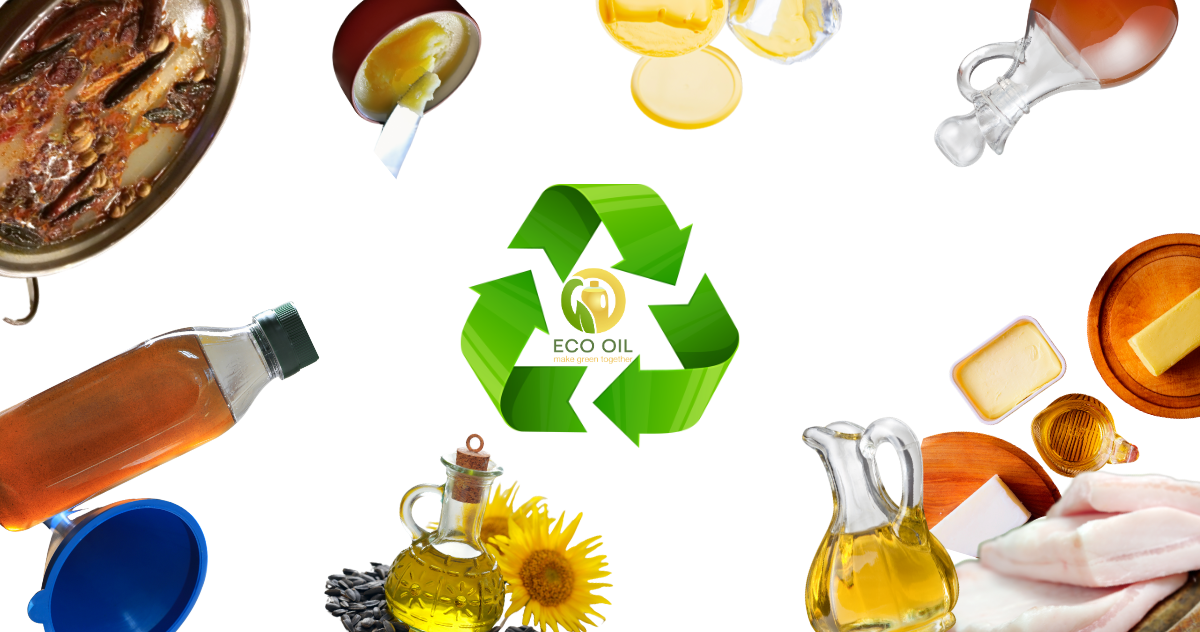
UCO recycling: path to a greener environment for future generations
Have you ever heard of UCO esterification process to produce the purest Biodiesel? Let’s find out in this post, shall we?
Instead of clogging up sinks, trash bins, and drains, used cooking oil can be turned into a vital renewable energy source. This is the story of how cooking oil is recycled into biodiesel.
Daily cooking oil contains fats and other organic compounds that, if not disposed of properly, can severely pollute the environment. Recycling cooking oil into biodiesel is an effective way to reduce waste and create a renewable energy source. This process involves collecting used cooking oil from restaurants, canteens, and households, processing it to remove impurities, and transforming it into clean and safe biodiesel.
Recycled cooking oil biodiesel is not only a clean energy source but also positively impacts the environment and human health. Using biodiesel reduces carbon emissions compared to other fuels, helping to fight climate change and improve air quality. Additionally, recycling cooking oil improves environmental cleanliness and reduces solid waste disposal costs.
You can join the supply chain for recycling cooking oil into biodiesel. Just take your used cooking oil to collection points or work with recycling collection services. This simple act reduces environmental impact and promotes sustainability and social development.
Used cooking oil is not just waste; it’s a valuable resource that can be recycled into a high-value product. Let’s work together to turn these ideas into action and spread positive values throughout our community.


 Vi
Vi


